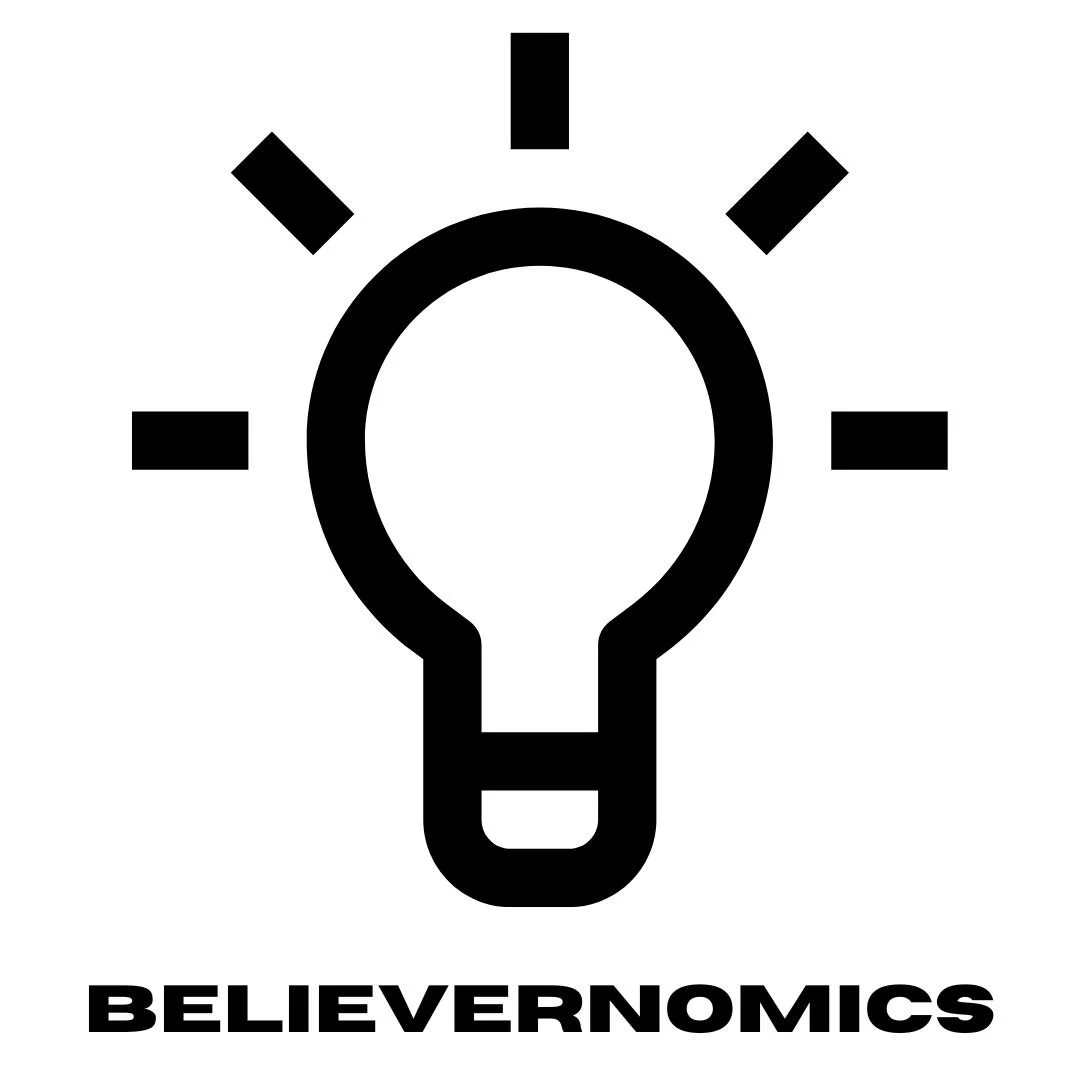Seven ways to use common sense to build a leadership brand
Image generated by Microsoft Copilot
You must have heard that quote before? You know, the one that goes: “If it walks like a duck, quacks like a duck and looks like a duck, then it must be a duck”? I like the simplicity of that quote because it infers something very straightforward which is: use your common sense.
There is however, one small problem with that presumption — whilst most of us would have no problem in correctly identifying a duck; a shared definition of ‘common sense’ may not be as easy to arrive at. Indeed, common sense is the greatest of all assumptions as it implies common knowledge, common understanding and by implication a common response.
As a case in point, when we feel thirsty our knowledge and understanding of thirst dictates that we need to take in fluids. However, if whilst thirsty, one were to reject a glass of fresh water in favour of a bowl of salty nuts, people would rightly wonder whether that individual was using their common sense. The thing that gives common sense its ‘bite’ is the fact that it assumes that, when faced with a set of circumstances, most people would choose to act in the same way. So how can we use common sense to build a leadership brand? Well here are seven practical ways.
1. Ditch the double-standard
Isn’t it so often the case that we hold ourselves to one standard and judge others by another? Have you ever sought forgiveness? Have you ever wanted someone to show you empathy? What about encouragement? Have you ever wanted someone to give you the benefit of the doubt? One of the simplest, easiest and best known lessons in life is: treat others in the way that you would like to be treated yourself. If we redirected the high powered analytical lens that we use to judge the performance of others, back towards ourselves, how well would we fare? Probably not very well. Double standards are probably the biggest impediment to the development of any leadership brand.
2. Just tell the truth!
Perhaps aside from the childhood admonition: ‘do not play with matches’, I cannot think of too many other critical life lessons that are as formative in the development of modern humans than: ‘tell the truth’. Truth telling is not just a question of human ethics, but more fundamentally, it is a core component of good character. Without truth, there is no trust and without trust, meaningful social or professional interactions and relationships are impossible. Telling the truth is also important because it is often a transparent display of surrendering power or relinquishing control. By contrast, when people lie, they often do so to wield power and exert control. No-one wants to be lied to or chooses to be deceived. Even if the initial intention of deception is not to do harm, more often than not, that is the net effect.
3. Learn to listen and not speak
When cultivated carefully, verbal communication can be one of the most effective platforms for building great relationships and strong brands. Words matter; whether in terms of what we say, how we say it, when we say it or who we say it to. Effective communication requires a unique ability to filter out the pertinent facts from the atmospheric clutter, before deciding on the appropriate response or whether any response is required at all. That’s right, one of the most effective forms of communication is the ability to exercise restraint and control impulse. Yes, the ability to say nothing when you know something, can mean everything. People who feel the need to unburden themselves of every single bit of tittle-tattle to everyone, will eventually find that they are trusted by no-one.
4. Recognise yourself in others
Put yourself in other people’s shoes. After all, even if you have not personally lived an experience, it is important that you understand the lived experience of others right? Whilst this is much easier to do when there is nothing at stake, things get much more complicated when there is a cost for us personally. Is there for example, a common sense response when we are harmed by other people’s errors or impacted by their failures? What happens when others make a mess that we have to clean up or when they break something that we have to fix? When you recognise yourself in the experience of others and put yourself in their shoes, you do two things that are unique to leadership; first you defer judgement and second you accept to serve.
5. Cross the road to avoid an argument - not to find one
Those who pick fights create conflict and those who create conflict make enemies. Seems so totally straightforward doesn’t it? Let’s be clear, this is not to suggest that anyone should avoid confronting issues that need to be dealt with. Avoiding that which is necessary is just as bad as seeking that which is unnecessary. Rather, the point being made here is that sometimes it is far better to bend over backwards and be as reasonable as you possibly can. Bending over backwards is not a sign of weakness- on the contrary it is a sign of confidence and strength. Those prepared to bend over backwards do so knowing that, when their boundaries have been crossed, they are well placed to push back assertively.
6. Present yourself as a person not a performance
Fakery is not a desirable character trait. Not at all. The idea that, to get one over on others, we wear a smiley face one minute and then present as something different the next, is distasteful. People who behave in that way tend to be universally disliked and distrusted and are often described as ‘two-faced’. With brands (and in particular, leadership brands) we want the reality not the rhetoric. We want the assurance of knowing that those with whom we engage and interact are reliable and dependable. This itself feeds into the deep social need that humans have, for meaningful connections and relationships with others. Not knowing what to expect creates uncertainty and when there is uncertainty, there is doubt and fear.
7. Always settle your debts
This is a really obvious one isn’t it? Pay your debts. Can there be anyone that does not appreciate the value and importance of accountability to others, in establishing a person’s reputation? Much more than the transactional aspect of this, which addresses the ethics and morality of doing what you say and keeping to your promise; settling your accounts speaks to the very essence of the leadership brand ie: personal integrity and credibility. As mentioned in previous blogs, credibility builds confidence, confidence wins trust and people in positions of trust wield influence. In simple terms, no leadership brand is complete unless it is built on accountability to others and one of the most impactful ways in which you can demonstrate accountability is to settle your debts.
In conclusion, knowledge and understanding visible and plain to some, may be less visible and plain to others. Therefore, as individuals, our added value is to present an uncommon perspective on common issues and by so doing, make insight accessible to a wider circle of learners. We can do this by assembling facts, highlighting interdependencies, spotting patterns and establishing profiles of behaviours that build the best brands.


